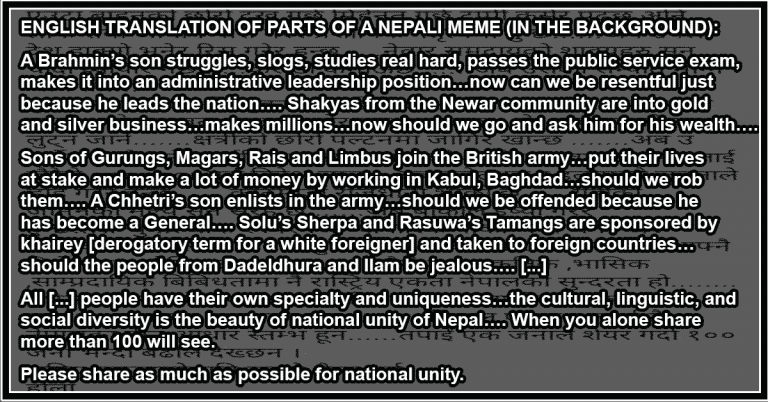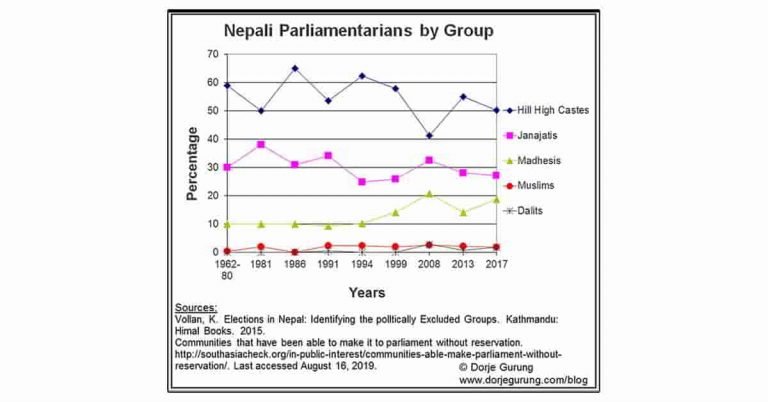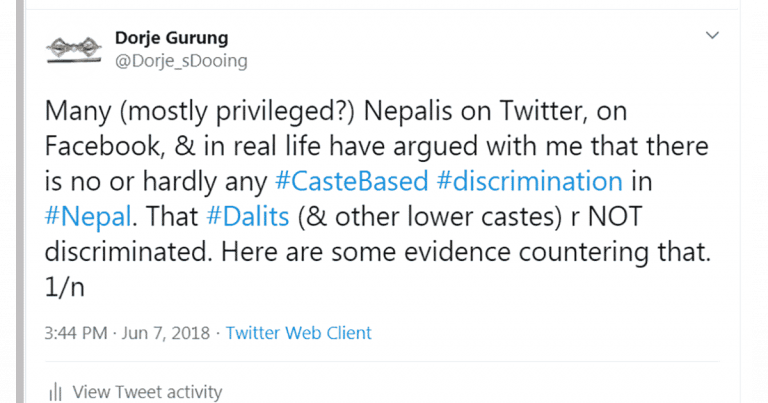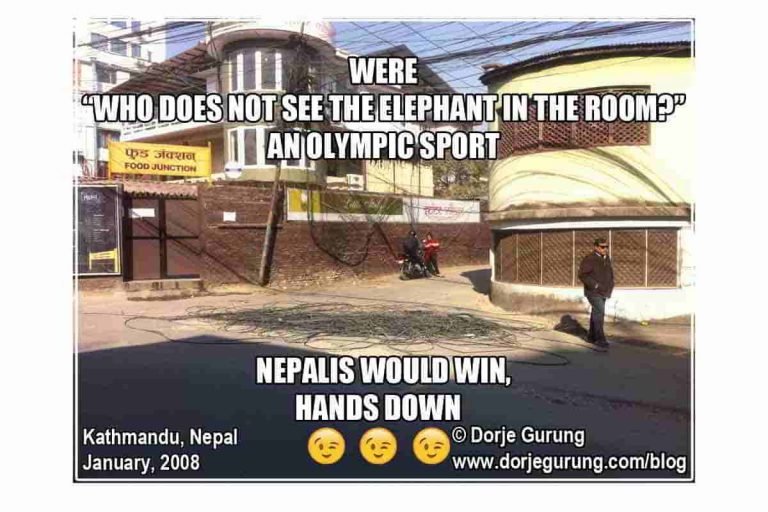Bar Removes Sexist Mixed-drink Promotional Material from Bathroom

Casual sexism in Nepal is flagrant, rampant, and accepted because it's the norm. Sexist promotional materials -- which reinforces and promotes casual sexism, for example -- appear in all sorts of media and in all sorts of places in Nepal, including bathrooms in Kathmandu. But one bar has done the right thing and removed one such material from their bathroom!









